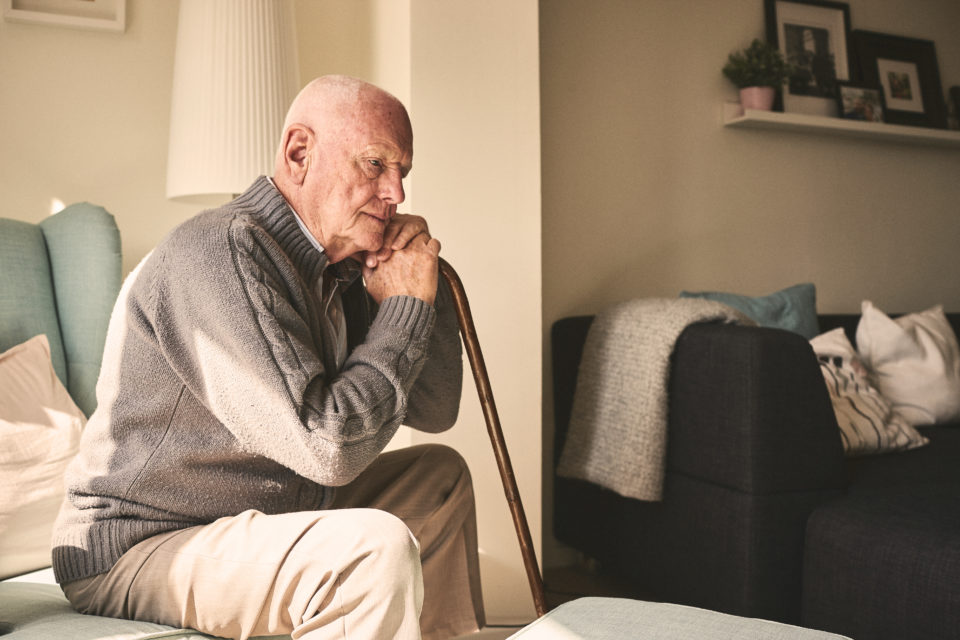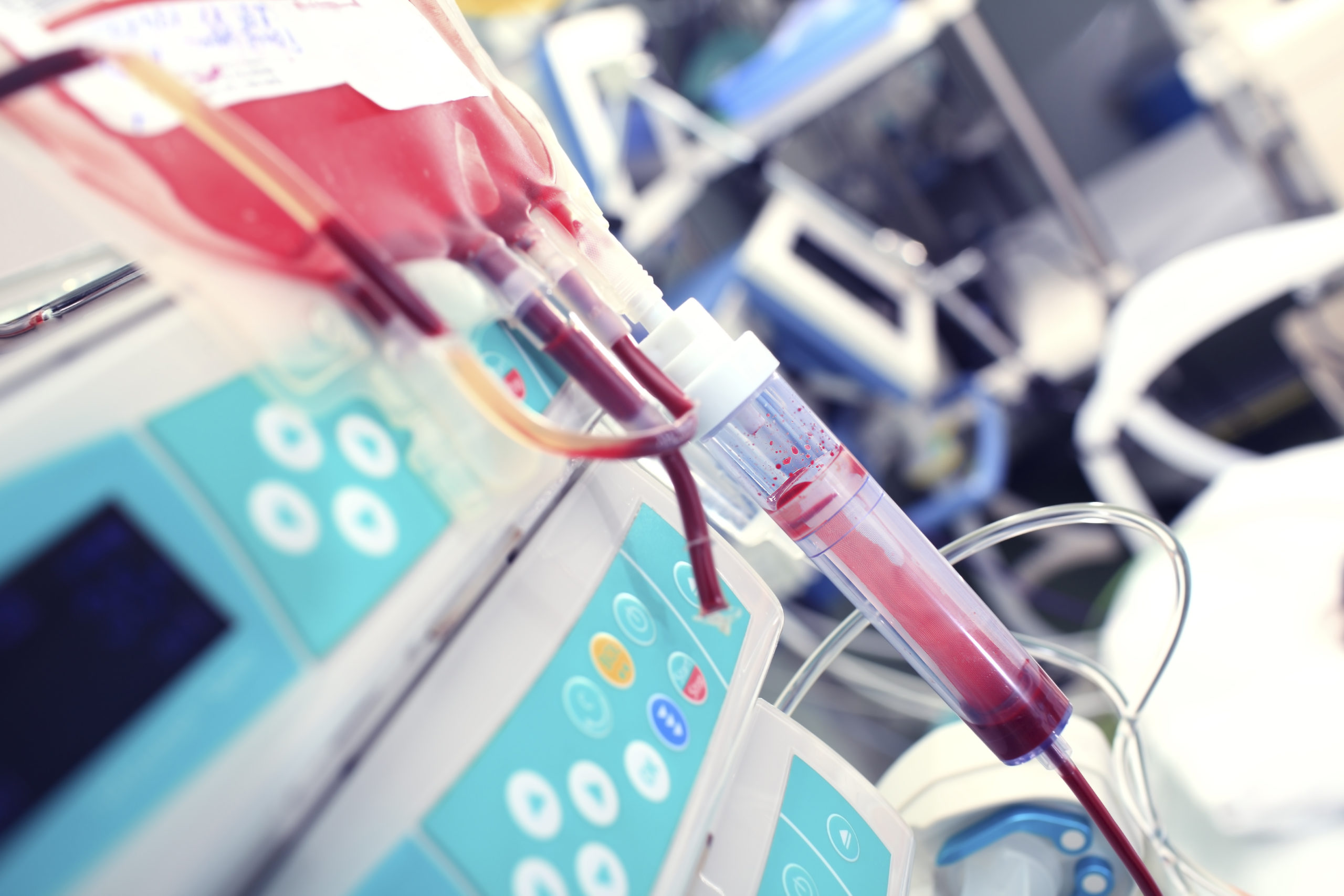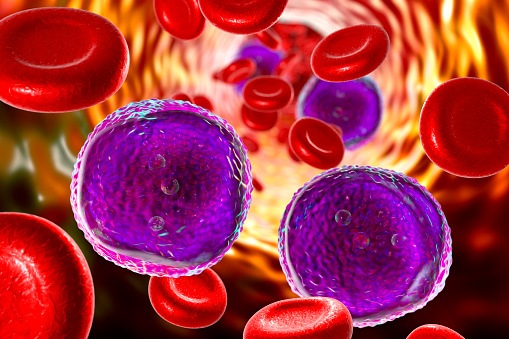
The first-in-human, phase I clinical trial of ADI-001, an allogeneic gamma delta chimeric antigen receptor (CAR) T-cell therapy, in relapsed/refractory advanced B-cell lymphoma established a “favorable safety profile” for the treatment, with no incidence of graft-versus-host disease (GVHD).
Results from the open-label, dose-escalation GLEAN-1 trial, led by Sattva Swarup Neelapu, MD, of the University of Texas MD Anderson Cancer Center, were presented at the 2022 American Society of Clinical Oncology Annual Meeting.
The study included patients with measurable lesions and expression of CD20, as well as those who received at least 2 prior systemic therapies. It included patients with relapsed or refractory advanced B-cell lymphoma but excluded those with indolent lymphoma.
All patients received conditioning therapy with fludarabine and cyclophosphamide. ADI-001 was administered at 3 flat dose levels in a 3+3 dose-escalation scheme:
- Dose level 1: 30 million cells (n = 3)
- Dose level 2: 100 million cells (n = 3)
- Dose level 3: 300 million cells (n = 2)
Patients were monitored for dose-limiting toxicities for the first 28 days after treatment. Patients were considered evaluable if they completed the 28-day dose-limiting toxicity period.
The trial enrolled 10 patients, with 8 considered evaluable. Within the evaluable group, 63% of the patients were male, and the median age was 62 years (range, 45-75 years). A total of 7 patients had large B-cell lymphoma, and one had mantle-cell lymphoma. Of the patients enrolled, 3 had previously received anti-CD19 CAR T-cell therapy.
The objective response rate (ORR), based on positron emission tomography/computed tomography imaging, was 75% at day 28. The complete response (CR) rate at day 28 was 75%. Among the 3 patients who previously received CAR T-cell therapy, both the ORR and CR were 100%.
There were no reports of GVHD or protocol-defined, dose-limiting toxicity events. There were no incidences of grade ≥3 cytokine release syndrome or immune effector cell-associated neurotoxicity syndrome.
Due to the “excellent safety profile to date,” the trial’s protocol was amended to include a fourth dose level of 1 billion CAR T-cells and evaluate consolidation dosing at dose level 3 to finalize the recommended phase II dose, Dr. Neelapu said during his presentation.
Overall, ADI-001 “has a potential to be best-in-class clinical efficacy,” Dr. Neelapu concluded.
Reference
Neelapu SS, Hamadani M, Miklos DB, et al. A phase 1 study of ADI-001: anti-CD20 CAR-engineered allogeneic gamma delta (γδ) T cells in adults with B-cell malignancies. Abstract #7509. Presented at the 2022 American Society of Clinical Oncology Annual Meeting; June 3-7, 2022; Chicago, IL.







 © 2025 Mashup Media, LLC, a Formedics Property. All Rights Reserved.
© 2025 Mashup Media, LLC, a Formedics Property. All Rights Reserved.